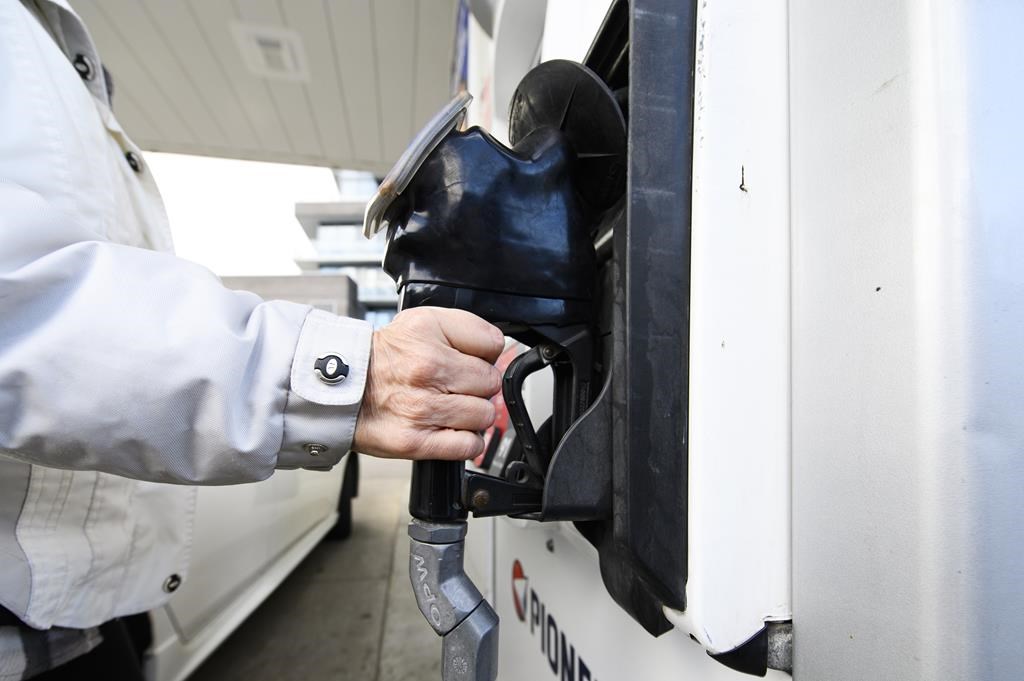Family says teen pilot who crashed in ocean on around-the-world adventure prepared for risks
Posted Jul 23, 2014 04:06:31 PM.
This article is more than 5 years old.
PLAINFIELD, Ind. – Haris Suleman knew that flying around the world carried risks. But like adventurers before him, the 17-year-old pilot from Indiana also believed dreams aren’t achieved without taking chances.
“Why does any explorer undertake the necessary risks in order to accomplish their dream? Because that person has a drive, they have a focus, and they have a need to explore that dream,” he wrote in a July 15 blog for The Huffington Post.
That dream turned to tragedy Tuesday when his plane crashed into the Pacific Ocean en route from American Samoa to Honolulu. Crews recovered Haris’ body but were still searching for 58-year-old Babar Suleman on Wednesday.
As plans for welcome-home celebrations shifted to mourning, family and friends defended the father-son team and their mission, saying they had known the dangers when they set out to break a record while raising money to help build schools in Babar Suleman’s native Pakistan.
“It was an absolutely noble cause that they took this journey on, and they knew the dangers,” said family friend Azher Khan, who spoke during a news conference Wednesday in Plainfield, Indiana, where the Sulemans lived.
Babar Suleman had long dreamed of flying around the world. He and his son decided to make the adventure a fundraiser for the Citizens Foundation, which has built 1,000 schools in Pakistan.
They also hoped to set the record for the fastest circumnavigation around the world in a single-engine airplane with the youngest pilot in command to do so.
The duo planned the trip carefully. They took classes in how to survive an ocean landing and packed a life raft with food and other supplies in case they had to bail out over water. They calculated their fuel needs and plotted their course, arranging stops in Europe, Africa, Asia and the South Pacific, before setting out June 19.
“With a trip like this, there’s always a risk, and they did prepare for that risk,” Hiba Suleman said of her brother and father. “You can plan all you want, but sometimes things just don’t happen the way you planned.”
But others questioned the wisdom of putting a 17-year-old at the controls for such a grueling journey.
“I would put it along the lines of a 17-year-old behind the wheel,” said Carol E. Giles, a private aviation consultant and former Federal Aviation Administration official who noted that younger pilots have less experience coping with emergencies.
An inspector for the U.S. Federal Aviation Administration in American Samoa will be looking into the cause of the accident. National Transportation Safety Board spokesman Terry Williams said the agency will work with local authorities on the investigation, but he couldn’t confirm if the NTSB would send an investigator too.
Babar Suleman had flown for more than a decade and had experience with emergency landings. In 2008, he landed his plane on an Indianapolis highway after its single engine died.
His son had flown with him since the age of 8 and received his pilot’s license and instrument rating in June.
He emphasized preparations with his son, both before and during the journey.
“Hope is never a good plan,” the elder Suleman told NBC News before setting off. “We have to plan for all kinds of eventualities.”
Babar Suleman expressed frustration with his son in a July 9 blog post chronicling their journey over Haris’ failure to know the exact location of an airport.
“I have been harping on Haris that an instrument pilot always flies with precision, always maintains the centre line while taxiing, landing and takeoff, never busts the assigned altitudes … and is always way ahead of the plane. Not knowing the exact location of the Walton airport was rather unsettling,” he wrote.










